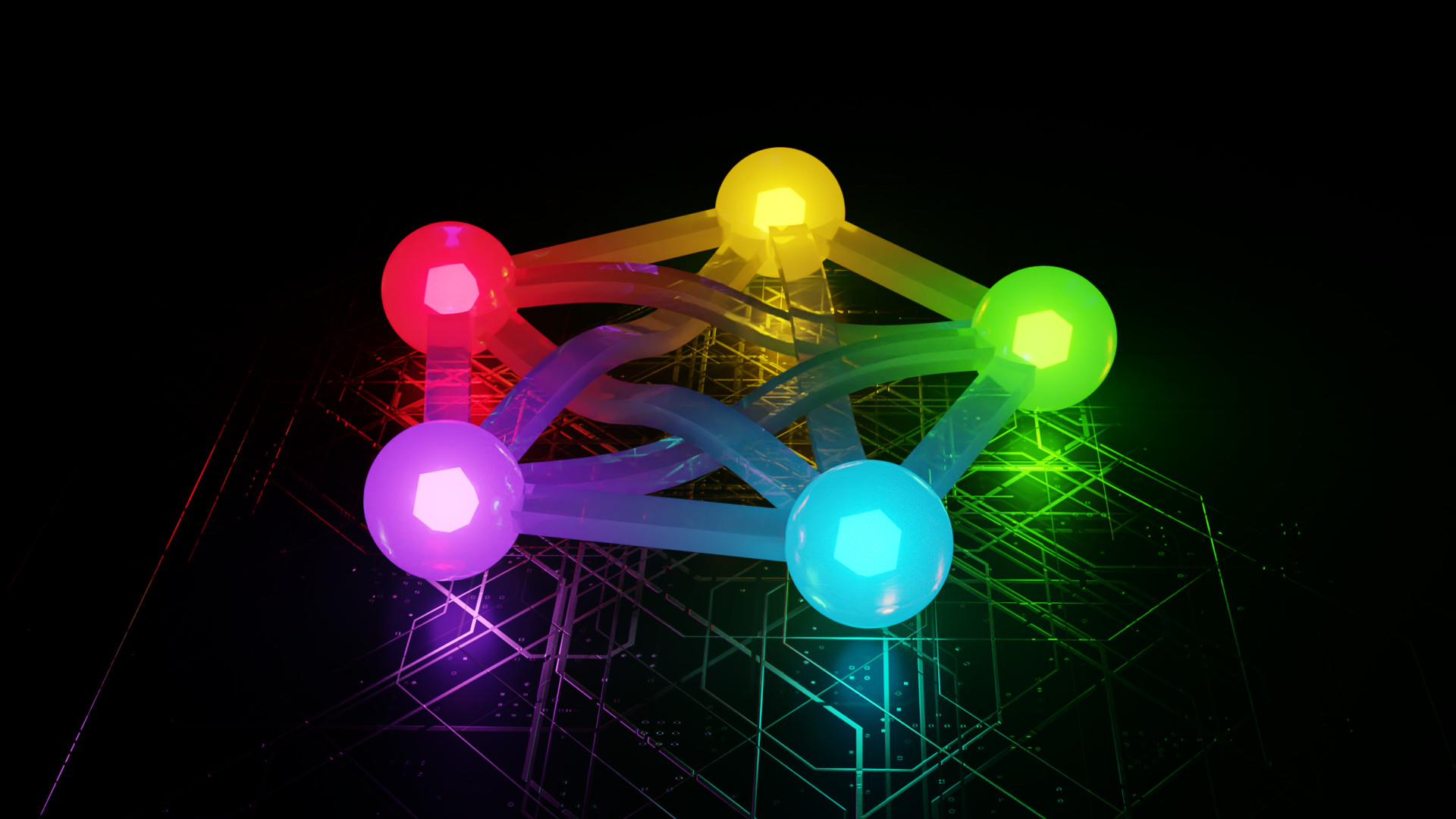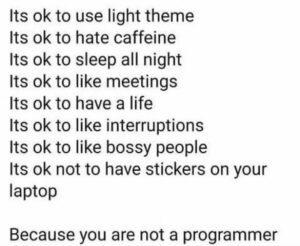About a year ago when we talked about artificial intelligence and machine learning, what we meant was a machine getting used to some routines or somehow understanding an algorithm and order of matters happening so it can respond in a certain way. That may sound complicated but in comparison to what we are experience right now, it’s quite simple.
What we have right now is marvelous and very much advanced. Of course it will improve day to day and maybe another year from now what we currently have may seem even stupid but we got to compare it to what we had before to see how much progress we made.
However, the real purpose of AI and the path we’re going is not exactly what I believe we had in mind when we first started working on it. We built artificial intelligence to make our lives easier so we can be able to focus on what truly matters to us as human race. I believe when we started the machines and when we first started to replace part of the labor and work with automatons what we had in mind was to finally replace humans with machines not in what we enjoyed doing but in what we believed is exploiting our essence.
Today, with all the improved codes and computers running AI, we are forgetting what we had in mind when we first started. We are now experimenting with artificial intelligence that writes essays and articles for us. We are experimenting to hand over what we were pleased to do to a robot. Writing an article had a purpose of sharing ideas and teaching people of a point of view. Now we are training robots to prove points for us, like if we’re in a war.
We are not all internet trolls who are fighting and trying to win an argument at all costs. We are people of reason and intellectual who have good will and intentions in our souls and bodies, so we don’t need a robot to write an article on our behalf and prove, in any way, that our point is valid. What is the point of that article if it prevents us from thinking?
We are now experimenting robots and so-called intelligence that is creating art for us. Art used to be an escape for us humans. It was a form of creation that made us feel needed, made us feel empowered, it gives us a way to invent a new reality for ourselves in which everything’s placed according our will and ideas. And the satisfaction was not from the result or what others would see, it was from the work we put in it and every detail that we thought about and cared deeply with passion to create a thing with our bare hands.
Now there’s a robot that will learn from what others have created and you just tell it to create a portrait of unicorn with purple scary eyes and it will give it to you in few seconds. Where is the fun? Where is the satisfaction? Who is the real artist here? Is it you? Is it the robot? Is it the creator of the robot? Or is it the actual creators of portraits that the machine learnt from them?
Machines supposed to write our emails and clean our houses and run our factories and bring us food so we can focus on art and philosophy and everything else we enjoyed. We are going to the wrong end on the wrong road. We weren’t supposed to create machines that mass produce art so we can focus on labor, it was quite opposite.
I believe it is wrong and it should be prohibited. We all have seen movies like Matrix that machines finally enslave the human race and forced us to do the labor but what we’re doing now is to do it voluntarily. We were frightened that machines some day can think for themselves and purge us all or force us to give up on what we truly loved and now we are happily training them to do what we love and replace us where we love to be and force us to where we always hated.
This article could be produced with an AI. I just needed to write a question that “how modern AI will act like Matrix and replace us from creators of art and put us to labor instead?” and it would most probably write the same arguments. It’s nice because then I could argue that even the machines know it but happily machines don’t think.
They don’t think so they should not be put in a position to decide for an important matter. Happily, we’re not there yet but we have started to put them in an important place to think instead of us and replace us in where I consider one of the most important aspects of humanity which is art.
Instead of developing intelligence to create art, we should use this intelligence to better our farming and food producing and solve human crises like hunger, education reform, environmental issues, and freedom-related matters.
I believe that is the true purpose of AI and that is what we need to do.


